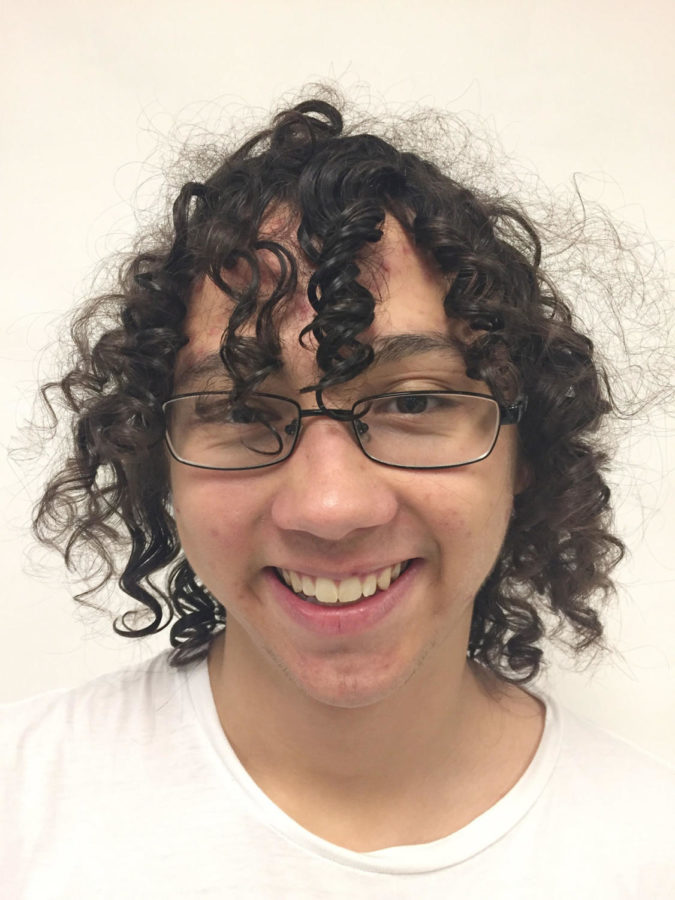Endangered species: Lecture classes
August 18, 2017
Classes are here and the reality of school starting is finally setting in, but there is one comfort that can be taken: Lecture classes may be on their way to extinction.
In the past few decades, there has been a movement slowly gaining traction in the world of education against lecture teaching methods. Studies conducted over the years and general experiences of college professors have revealed the lecture method isn’t very effective.
A study, conducted in 2013, by the National Academy of Science of the United States of America, found that active learning techniques increase learning by a considerable amount, and lecture classes increase failure rates by approximately 55 percent.
Active learning techniques are ones that keep the student active in their own education. They are presented as more interactive, tend to integrate technology and are contemporary in nature.
In 2012, two Stanford University seniors challenged universities far and wide to begin “flipping” their classes, reforming the outdated teaching methods and introducing more interactive methods.
Just four years after, the University of Vermont announced its medical school would no longer have lecture classes. Instead, they would have classes in which the students come to class having learned the material the previous night or having watched an online mini-lecture made by the professor.
The students then have class in groups, or pods, in which they have an interactive learning experience where they learn hands-on with either technology or examples of the content they are learning. These learning techniques also focus on hitting key aspects of different learning styles as to not leave any learning types out of the mix.
There is a large push-back against this movement and it is kicking up a lot of dust not only at this university but the entire academic community. Many more classically trained professors are criticizing and resisting the transition.
In an interview with Inside Higher ED, William Jeffries, senior associate dean for medical education at UVM, said, “That internal oomph or dopamine release that you get when you lecture and are the center of attention is a barrier to converting faculty.”
Universities are also worried about money. They are worried about losing many of their grants and donations, as many are from alumni who are supportive of a more classical method of teaching higher education.
Seeing this large push to end lecture classes elsewhere creates a possibility of seeing the effects at UK in the next few years. This change in the way education is addressed is something students may be able to push for and request from the UK administration.
Email opinions@kykernel.com.
































































































































































